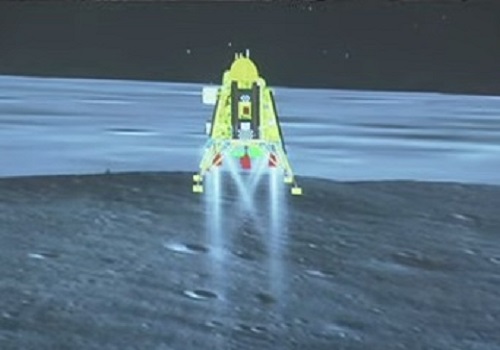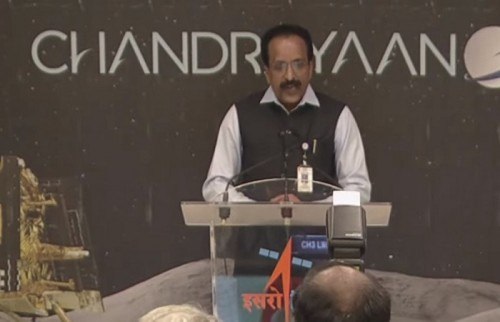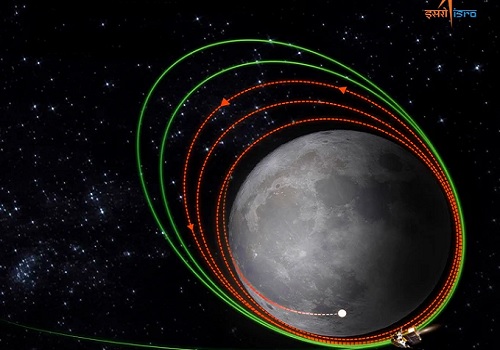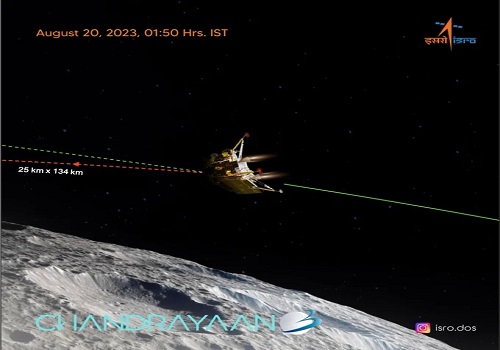UN biodiversity lab to protect people, planet

Follow us Now on Telegram ! Get daily 10 - 12 important updates on Business, Finance and Investment. Join our Telegram Channel
The UN Biodiversity Lab (UNBL), an innovative spatial data analytics platform, is now a digital public good, facilitating open access to spatial data that can inform environmental evidence-based decisions.
Designed to aid policymakers in identifying and addressing pressing issues related to conservation and sustainable development, UNBL is a key resource available in the digital public goods registry -- a globally recognised list of digital public goods (DPGs).
DPGs are defined as open-source software, open data, open AI models, open standards, and open content that adhere to privacy and other applicable best practices, do no harm by design and are of high relevance for attainment of the Sustainable Development Goals.
In effect, this designation recognizes UNBL's role in bringing together 400 of the world's best global spatial data layers from more than 40 data providers for use in research, policymaking, and innovative software applications, based on the terms of use from the data providers who generate this wealth of knowledge.
Following its initial development in 2018, an updated UNBL 2.0 was launched in 2021 as a free, open-source platform by the Secretariat of the UN Biodiversity Convention (CBD), UN Development Programme (UNDP), UN Environment Programme (UNEP), and the UN Environment Programme World Conservation Monitoring Centre (UNEP-WCMC).
"Data is the lifeblood of the societies of today and the future -- that includes revealing new insights that can drive climate action and restore our natural world," says UNDP Administrator Achim Steiner.
"By providing open access to spatial data sets and real-time analytics as a digital public good, the UN Biodiversity Lab aims to spur much-needed efforts by countries and communities to protect our planet's irreplaceable biodiversity and spur progress across the Global Goals."
UNBL is powered by Impact Observatory and the Planetary Computer, which are leaders in producing technological innovation to support state-of-the art infrastructure and user-centric design.
The platform collates high-quality national and global spatial data on biodiversity to generate insight for action. Its recognition as a digital public good means it adheres to privacy and other applicable laws and best practices, and does no harm by design.
These attributes encourage its greater utility as a safe and trusted platform that countries can adapt to build their own digital public infrastructure.
UNBL assists stakeholders in monitoring and understanding the impacts of biodiversity loss, as well as recommending where action should be taken to protect, manage, and restore nature based on evidence-backed, high-quality data.
"The health of our natural and human systems will determine the future of our societies, economies, and planet. UNBL enables us to harness spatial data to increase transparency on the state of our planet and to generate insights about where to prioritize action for nature that delivers powerful dividends for climate action and sustainability," said The UN Biodiversity Lab (UNBL), an innovative spatial data analytics platform, is now a digital public good, facilitating open access to spatial data that can inform environmental evidence-based decisions.
Designed to aid policymakers in identifying and addressing pressing issues related to conservation and sustainable development, UNBL is a key resource available in the digital public goods registry -- a globally recognised list of digital public goods (DPGs).
DPGs are defined as open-source software, open data, open AI models, open standards, and open content that adhere to privacy and other applicable best practices, do no harm by design and are of high relevance for attainment of the Sustainable Development Goals.
In effect, this designation recognizes UNBL's role in bringing together 400 of the world's best global spatial data layers from more than 40 data providers for use in research, policymaking, and innovative software applications, based on the terms of use from the data providers who generate this wealth of knowledge.
Following its initial development in 2018, an updated UNBL 2.0 was launched in 2021 as a free, open-source platform by the Secretariat of the UN Biodiversity Convention (CBD), UN Development Programme (UNDP), UN Environment Programme (UNEP), and the UN Environment Programme World Conservation Monitoring Centre (UNEP-WCMC).
"Data is the lifeblood of the societies of today and the future -- that includes revealing new insights that can drive climate action and restore our natural world," says UNDP Administrator Achim Steiner.
"By providing open access to spatial data sets and real-time analytics as a digital public good, the UN Biodiversity Lab aims to spur much-needed efforts by countries and communities to protect our planet's irreplaceable biodiversity and spur progress across the Global Goals."
UNBL is powered by Impact Observatory and the Planetary Computer, which are leaders in producing technological innovation to support state-of-the art infrastructure and user-centric design.
The platform collates high-quality national and global spatial data on biodiversity to generate insight for action. Its recognition as a digital public good means it adheres to privacy and other applicable laws and best practices, and does no harm by design.
These attributes encourage its greater utility as a safe and trusted platform that countries can adapt to build their own digital public infrastructure.
UNBL assists stakeholders in monitoring and understanding the impacts of biodiversity loss, as well as recommending where action should be taken to protect, manage, and restore nature based on evidence-backed, high-quality data.
"The health of our natural and human systems will determine the future of our societies, economies, and planet. UNBL enables us to harness spatial data to increase transparency on the state of our planet and to generate insights about where to prioritize action for nature that delivers powerful dividends for climate action and sustainability," said Inger Andersen, UNEP Executive Director.












 320-x-100_uti_gold.jpg" alt="Advertisement">
320-x-100_uti_gold.jpg" alt="Advertisement">












